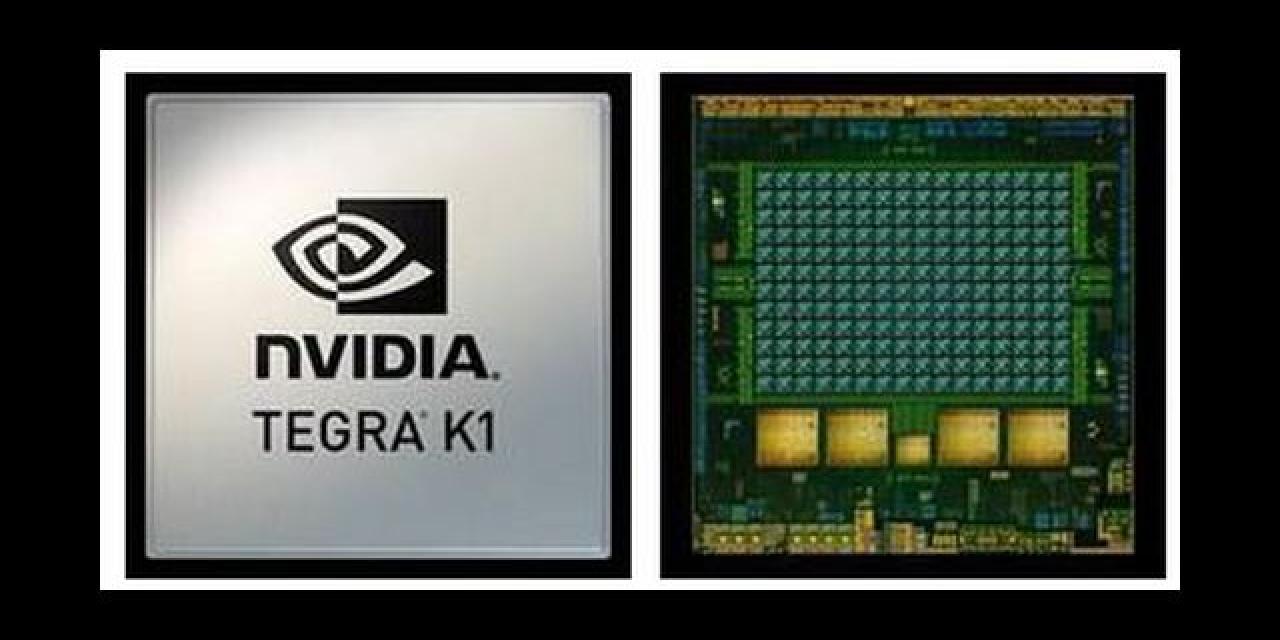
NVIDIA today unveiled Tegra K1 mobile processor, a 192-core super chip featuring the same NVIDIA Kepler architecture its leading GPU, the NVIDIA GeForce GTX 780 Ti.
The Tegra K1 processor sets new mobile standards by supporting the latest PC-class gaming technologies, enabling it to run sophisticated gaming engines like Epic Games' Unreal Engine 4. It delivers advanced computation capabilities to speed the development of applications for computer vision and speech recognition.
According to NVIDIA, the new chip is "extraordinarily efficient," it delivers higher performance than any other mobile GPU at the same power level.
"Over the past two decades, NVIDIA invented the GPU and has developed more graphics technologies than any other company," said Jen-Hsun Huang, co-founder and CEO, NVIDIA. "With Tegra K1, we're bringing that heritage to mobile. It bridges the gap for developers, who can now build next-gen games and apps that will run on any device."
Tegra K1 is offered in two pin-to-pin compatible versions. The first version uses a 32-bit quad-core, 4-Plus-1 ARM Cortex A15 CPU. The second version uses a custom, NVIDIA-designed 64-bit dual Super Core CPU. This CPU (codenamed "Denver") delivers very high single-thread and multi-thread performance. It is based on the ARMv8 architecture, which brings the energy-efficient heritage of ARM processor technology to 64-bit computing.
Both versions of Tegra K1 deliver stunning graphics and visual computing capabilities powered by the 192-core NVIDIA Kepler GPU. The 32-bit version is expected in devices in the first half of 2014, while the 64-bit version is expected in devices in the second half of the year.
Tegra K1 provides full support for the latest PC-class gaming technologies -- including DirectX 11, OpenGL 4.4 and tessellation. According to NVIDIA, Tegra K1 delivers the same graphics features as the next generation of consoles (Xbox One, PlayStation 4) and faster performance than current generation consoles (Xbox 360, PlayStation 3), all in the palm of your hand.
